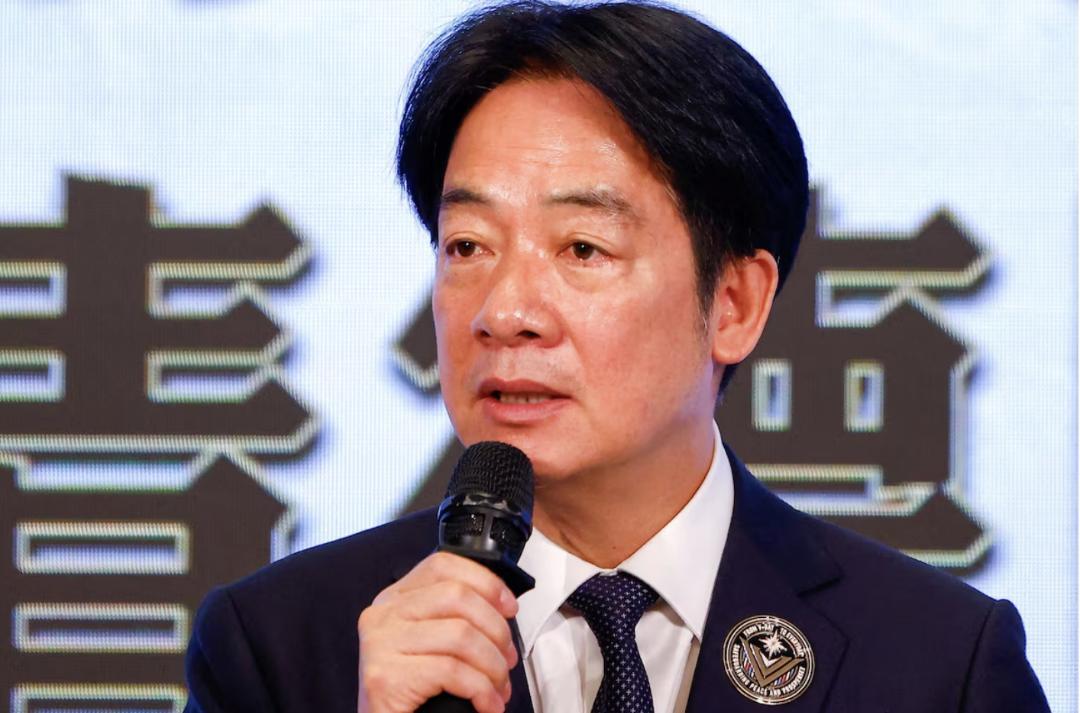
Taiwan announces $40 bn budget to buy arms amid threat from China
In a significant move to bolster its defense capabilities, Taiwan President Lai Ching-te has announced a special budget of $40 billion to purchase arms and enhance the country’s military preparedness. This development comes amid growing concerns over the threat of invasion from China, which has been increasing its military presence and aggression towards Taiwan in recent years.
The special budget, which will be allocated from 2026 to 2033, will be used to build a Taiwan Dome, an advanced air-defence system with state-of-the-art detection and interception capabilities. This system is designed to provide a robust defense against potential aerial threats, including missiles and aircraft, and will play a critical role in safeguarding Taiwan’s national security.
President Lai has been a strong advocate for increasing Taiwan’s defense spending, and this announcement is a significant step towards achieving his goal of raising defense spending to 5% of the country’s GDP. The move is seen as a response to the growing threat from China, which has been engaging in a series of military exercises and drills near Taiwan, including the deployment of fighter jets and warships.
The Taiwan Dome project is a key component of Taiwan’s defense strategy, and the $40 billion budget allocation will enable the country to acquire the necessary hardware and technology to build a comprehensive air-defence system. The system will include advanced radar systems, missile defense systems, and command and control centers, all of which will be integrated to provide a seamless and effective defense against aerial threats.
The decision to allocate such a significant budget to defense spending is a clear indication of the seriousness with which Taiwan views the threat from China. The country has been facing increasing pressure from Beijing, which has been seeking to reunify Taiwan with the mainland, by force if necessary. Taiwan, on the other hand, has been seeking to maintain its independence and sovereignty, and has been working to build its defense capabilities to deter any potential aggression from China.
The $40 billion budget allocation is a significant increase in Taiwan’s defense spending, and will enable the country to acquire the necessary arms and equipment to build a robust defense system. The budget will be used to purchase a range of military hardware, including fighter jets, warships, and missile defense systems, all of which will be used to enhance Taiwan’s military capabilities and prepare the country for any potential conflict with China.
The move has been welcomed by Taiwan’s military establishment, which has been seeking to modernize its forces and build a more effective defense system. The Taiwan Dome project is seen as a key component of this effort, and the $40 billion budget allocation will provide the necessary resources to bring the project to fruition.
The development has also been closely watched by the international community, which has been concerned about the growing tensions between Taiwan and China. The United States, in particular, has been a strong supporter of Taiwan, and has been providing the country with military aid and assistance to help it build its defense capabilities.
The $40 billion budget allocation is a significant development in the ongoing saga of Taiwan-China relations, and will likely have significant implications for the region. As Taiwan seeks to build its defense capabilities and deter any potential aggression from China, the international community will be watching with interest to see how the situation unfolds.
In conclusion, the announcement of a $40 billion special budget to buy arms and build a Taiwan Dome is a significant move by Taiwan to bolster its defense capabilities and prepare for any potential conflict with China. The move is a clear indication of the seriousness with which Taiwan views the threat from China, and will likely have significant implications for the region. As the situation continues to unfold, it will be important to watch how Taiwan’s defense strategy evolves, and how the international community responds to the growing tensions between Taiwan and China.






